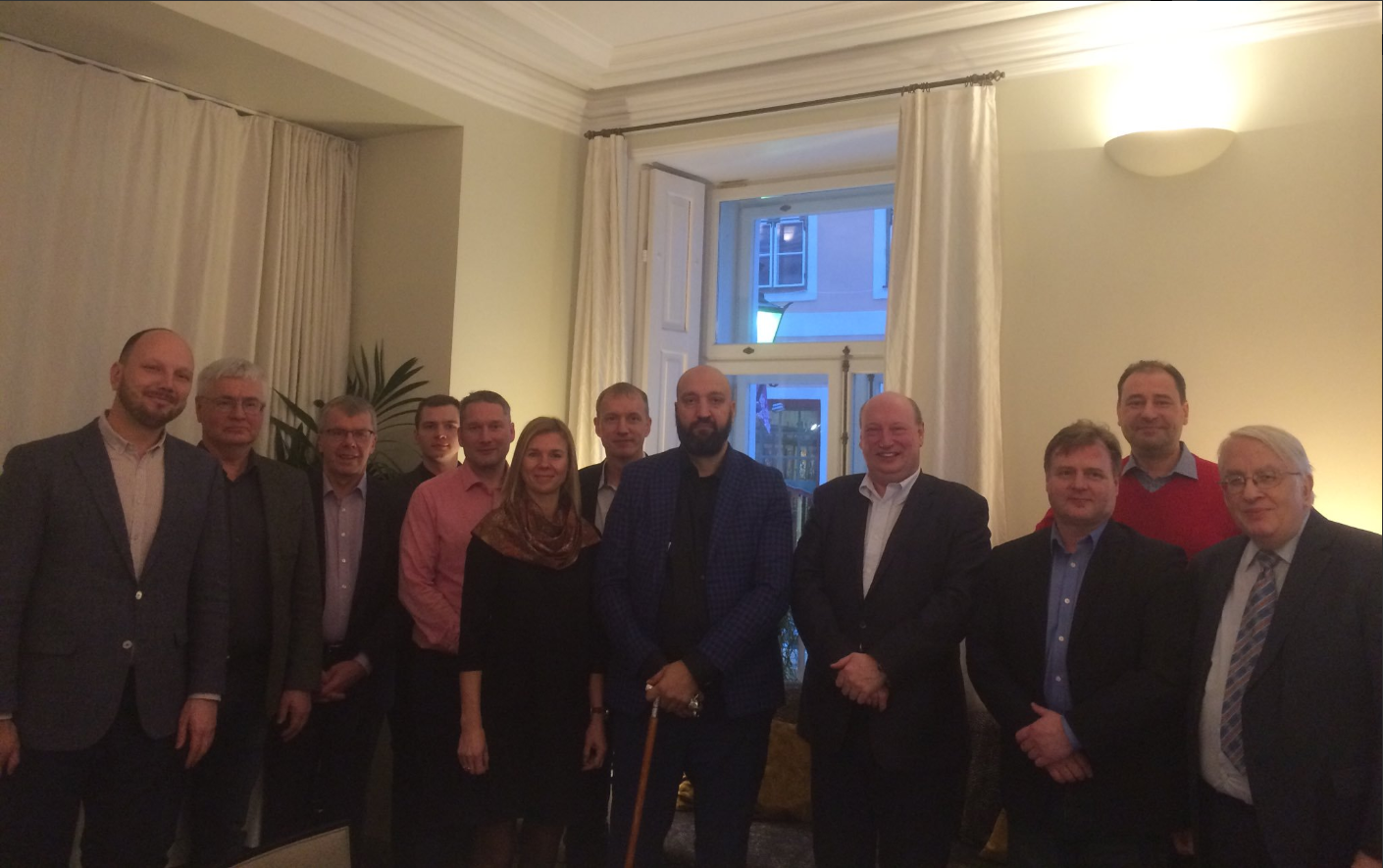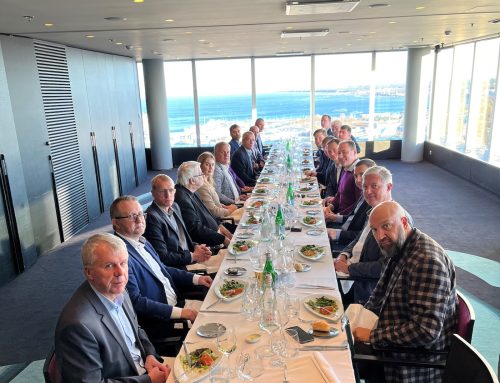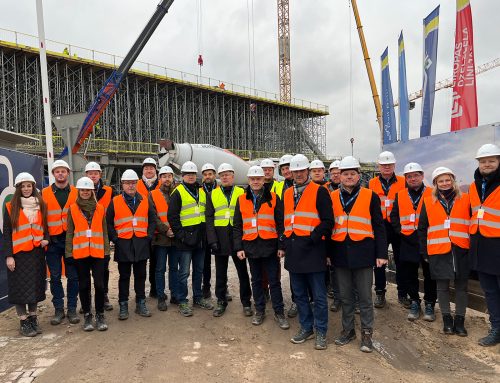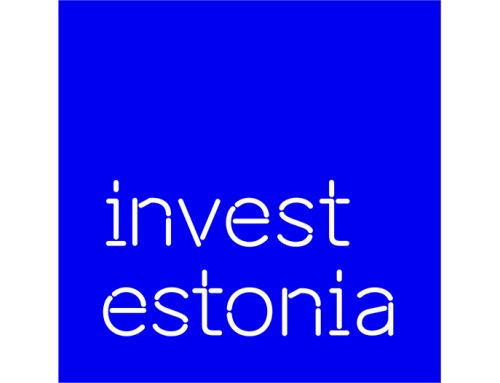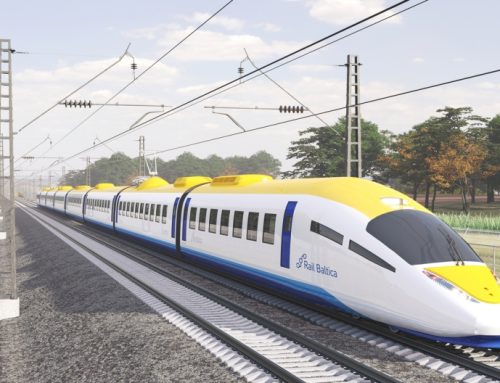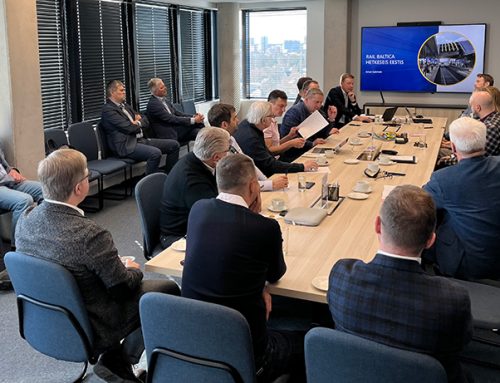Rail Baltica Business Network Estonia organized a business lunch on 21. December 2019 for its members and guests, including Director-General for Mobility and Transport (DG-Move) of the European Commission Henrik Hololei. Around 20 entrepreneurs and stakeholders gathered at the table to summarize the most important developments of the past year in the Rail Baltica project and discussed what the new year bring will bring.
Mr Hololei emphasized that 2019 is critical for the Rail Baltica project. To promote the joint project, the governments of the three Baltic countries have already made sufficient joint political declarations to show that there is political support and will, now is the time for real action.
“For Rail Baltica, it is very positive that this is a real project with real people and real entrepreneurs behind it,” said Hololei and commended the Rail Baltica Business Network by the European Commission for their work and initiatives so far, which have been contributing to the collaboration between the public and private sectors regarding the new transport corridor.
Head of Rail Baltic Estonia Mrs Riia Siilave considers the confirmation of the 213-kilometre-long corridor of Rail Baltica in Estonia as the biggest success of 2018. “The legal confirmation of the route alignment is a sign of progress in this large-scale project. We have adopted a preliminary design of the new railway on the basis of which we commission the core technical design and in the next year the construction of the first stages of the Rail Baltica main track will hopefully begin,” said Sillave. In addition, Sillave mentioned that the public approval for the Rail Baltica project has increased from 52 percent in spring 2018 to the currently 57 percent.
According to Erik Laidvee, the Director General of AS Eesti Raudtee (Estonian Railways), the need for Rail Baltica continues to be an actual and strategically correct decision. “It is important to ensure a good connection between our existing 1520 mm railway infrastructure and the port terminals serving the transit freight infrastructure with the Rail Baltica infrastructure in order to create the best possible conditions for the handling of goods and the multimodality that makes the transport chain even more efficient. This way the Rail Baltica corridor becomes a more attractive choice for freighters,” explained Laidvee.
The non-profit organization Rail Baltica Business Network Estonia was founded in 2015 to provide entrepreneurs an opportunity to contribute to the Rail Baltica project and to analyse and promote the business potential of the new railway. Currently the business network has 23 members and one supporting member.

